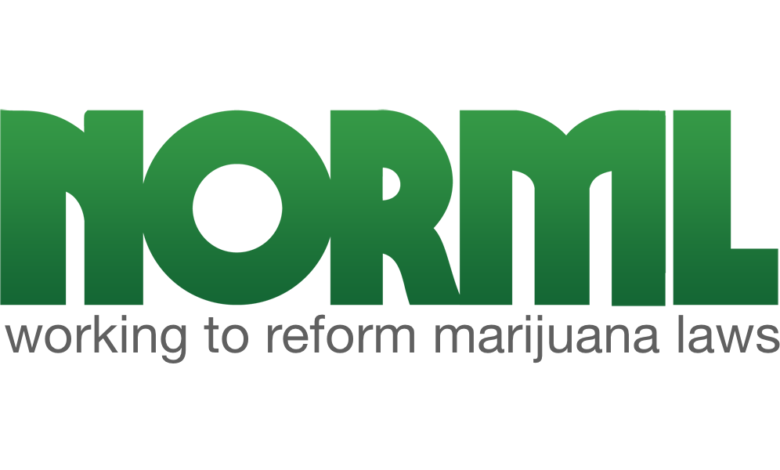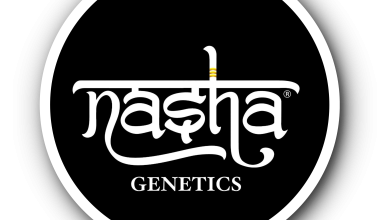Growing Number of Banks File Paperwork To Provide Services To State-Licensed Cannabis Businesses – Ganjactivist.com

Washington, DC: Over 800 banks and credit unions have filed paperwork with the US government acknowledging their relationships with licensed cannabis businesses, according to quarterly data provided by the US Treasury Department.
The total is an uptick from last year’s figures. At that time, the agency identified 553 banks (about 11 percent of all US banks) and 202 credit unions (about 4 percent of all US credit unions) that were providing banking services to marijuana-related businesses.
Federal law discourages banks and other financial institutions from maintaining relationships with cannabis businesses because marijuana remains classified as a Schedule I controlled substance. On seven occasions, members of the US House of Representatives have passed legislation to explicitly permit banks and other institutions to engage in relationships with marijuana businesses without running afoul of federal law. However, members of the Senate have never advanced this language.
Members of the Senate Banking Committee are scheduled to hold a mark-up on a newly introduced version of this legislation, the SAFER Banking Act, on September 27th.
According to survey data compiled last year by Whitney Economics, over 70 percent of participating cannabis businesses say that the “lack of access to banking or investment capital” is their top challenge. By comparison, only 42 percent of respondents cited “state regulations” as the most significant burden facing the industry, and only 39 percent cited the “influence of the illicit market.”
Writing in a recent commentary for The Hill, NORML’s Deputy Director Paul Armentano opined, “No industry can operate safely, transparently or effectively without access to banks or other financial institutions and it is self-evident that the players in this industry (smaller and minority-owned businesses in particular), and those consumers that are served by it, will remain severely hampered without better access to credit and financing.”
Additional information on the SAFE Banking Act is available from NORML.




